

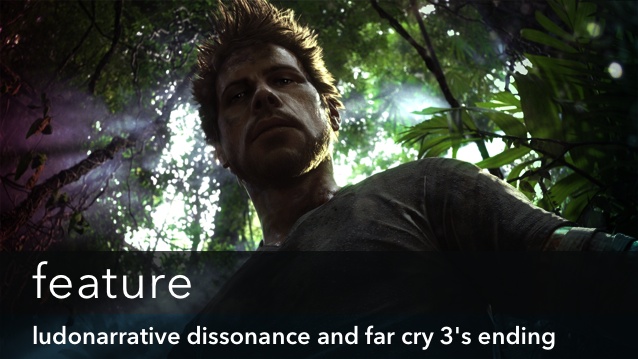
If you've heard anything at all about Far Cry 3, it'll almost definitely be about how chuffing wonderful it is, be it hurtling through the jungle in a battered South African hatchback in pursuit of a lion, only to drive off a cliff in a cloud of hubris or crafting a rather fetching sharkskin casual jacket. Rook Island is wondrously vibrant world, with appropriately jaunty colour palette and inhabitants to boot but there's something about it which just doesn't quite gel, resulting in a very good game rather than one of excellence.

Back 2007, Clint Hocking (ed: lead designer of Far Cry 2) penned the phrase 'ludonarrative dissonance' —LD—on the face of it a term not exactly friendly and approachable. Hocking used this specifically in relation to the seminal Bioshock, and how its central theme of Randian self-interest, as explored through the Little Sisters game mechanic was undermined by the altruistic nature of Jack and his desire to help Atlas in the narrative. In layman's terms, it's that moment of realisation where your immersion is broken and you question the actions of the very protagonist you're supposed to be roleplaying. I never found this to be an issue with Bioshock, more the final act's bizarre descent into stock set pieces and general flim-flammery. Far Cry 3 certainly isn't even approaching the same league as Bioshock in terms of plot, but never does it attempt to scale those heady heights. It's about raw, animalistic bloodlust, the rejection of Middle-American entitlement and setting fields of marijuana on fire with a flamethrower, but its ending might be the single biggest case of LD ever forged.
The entire game charts the descent of privileged pipsqueak and culturally bereft twenty-something-er Jason Brody, his two brothers and group of friends holidaying, subsequent capture and escape on Rook Island. As the game progresses, Jason goes from butter-wouldn't-melt to king of the jungle, a the initial rescue mission of his friends evolving into a tale of stone-cold revenge. Throughout the the game his 'descent', as the game insists on implying, is very much believable, the sense of progression through both the narrative and Jason's increasing proficiency is just about paced correctly and by the midpoint his saved friends become but a distant memory of his previous left cast aside in favour of life beside the sirenlike aura of Citra, leader of Rakyat people. Lo and behold! Far Cry 3 is an entirely open world game with an entirely linear plot, culminating a single binary choice ending.
It's like the last three years of morality system experimentation simple didn't happen, instead we're presented with a black and white good versus bad choice where there's accidentally no reason to choose the less favourable option, other than for the sake of it, and worse still is that the game gives this away right before the final mission. Far Cry 3 literally tells you the game will end with a binary choice by means of its insistence to paint the active mission name across the screen, languidly named 'Hard Choices'.
By way of a quicktime event-come-cutscene, you can either save your friends and leave Rook Island forever -we'll come to this later- or slaughter your friends to stay with Citra. The entire game, as is the nature of endings, builds up to this one moment, this singular flashpoint amid a bed of linear mayhem in a sandbox world. The entire game is about the suggestion that life would be better for Jason on Rook Island, as a true warrior and the now-leader of the Rakyat people, yet this final choice couldn't possibly be more obvious.

The 'save' choice is as plainly black and white a choice as you'll ever come across, resulting first and foremost in the release of Jason's friends and their return to civilisation. They're saved, you're free to leave but in the process Citra is inadvertently killed by Dennis, in an attempt to Jason. As she lay dying in your arms, spouting sweet nothings about how much she loves you, Jason, it's nothing short of odd. Sure, Citra's an attractive and undeniably fearsome force and companion, yet I felt nothing. If this was the emotional ransom for making the 'right' choice then I feel cheated. Cut to black, then a shot of my friends' boat leaving Rook Island forever, with Jason's warbling and tiresome monologue overlayed, pointedly describing how he's a changed man forever blah blah blah. If someone is a changed person then show it to me, a third person shot of Jason glancing at the tatau and sighing, or something entirely different, don't literally tell me that they've changed, it's just dull. Compare and contrast this to one of Spec Ops: The Line's endings, which sees Martin Walker finally escape from Dubai: a member of the US Marine task force who 'rescues' Walker, on having seen the horrors of Dubai, asks him 'How did you survive all this?' to which Walker replies 'Who said I did?', staring into an abyss of his own creation with the hollowest of all thousand-yard stares.
The most bizarre aspect of the supposed 'good' ending is that even though Jason Brody has left Rook Island for good, the game doesn't end there and he's free to roam and continue fighting for the Rakyat and liberating Rook Island for no apparent reason, whatsoever. Okay, fine, as a developer you want to be able to allow Jason and the player to explore the island even after the conclusion of the story, but if that's the case then surely it should be interweaved into the narrative.
Take the other -read: bad- ending and watch your girlfriend bleed to death, implicitly also murdering the remainder of your former comrades and own back-from-the-dead brother. Your payoff? You have graphic sex with Citra, pass on the seed of the warrior -so to speak- and she literally stabs you in the heart. Geddit?
 Jason Brody, about 2/3 of the way through the game and just before the third act begins Jason quite plainly tells his friends he's found his calling and has chosen to stay on the island, which is fine as it's something we, the player, would also rather do than sit in a boat for hours upon end up his tedious girlfriend. Given that and the entire nature of Jason's journey, the entire story is poised and primed, ready to make you want to stay on the island. Yet, when it comes to decision time and Jason is holding a knife to Liza's throat, there is no logical or even emotional reason to stay with Citra. The game simply hasn't done a good enough job of convincing you otherwise and the only reason Jason would want to kill is friends is for the sake of it.
Jason Brody, about 2/3 of the way through the game and just before the third act begins Jason quite plainly tells his friends he's found his calling and has chosen to stay on the island, which is fine as it's something we, the player, would also rather do than sit in a boat for hours upon end up his tedious girlfriend. Given that and the entire nature of Jason's journey, the entire story is poised and primed, ready to make you want to stay on the island. Yet, when it comes to decision time and Jason is holding a knife to Liza's throat, there is no logical or even emotional reason to stay with Citra. The game simply hasn't done a good enough job of convincing you otherwise and the only reason Jason would want to kill is friends is for the sake of it.
Far Cry 3 simply doesn't go far enough in terms of Jason's descent before forcing your hand, nor are the consequences of your actions grey enough for the decision to be difficult or even remotely meaningful. It posits that simply by being fun and exhilarating that alone is enough to make Jason want to stay, missing a few crucial steps in the process. Everyone Jason kills in the game is quite obviously painted as evil, or at least evil enough; it's pirates and mercenaries, all of whom are strewn through games like a tumbleweed in a Western. We're told Jason is descending into insanity, but there's only tatters of proof, at a push. The jump from gleefully capping mercs and pirates to your own friends is jarring and simply doesn't work as a device.
But, regardless of the outcome of your painfully easy decision, Jason is free to roam, fighting for the Rakyat and liberating Rook Island for good. In one outcome, Jason has left the island and in another he's dead? Well sod the narrative arc and its clumsy binary conclusions or consequences, here's a bow and arrow, now try and poach a cassowary without being kicked to death. As a consequence of saving your friends, maybe the game shouldn't allow you to return, literally ending that game for you if you chose to be good. Evidently if the player is not informed of this beforehand, there would be tirades of fan-outrage but at least a difficult decision like this would begin to force the players' hand, creating a legitimately difficult decision. Failing that, a less ballsy design framework would be to keep these rubbish binary choices until the very end, creating a checkpoint before Jason enters the temple in the first instance, allowing full traversal of the island and mopping up for optional objectives until he passes through its gates.
Far Cry 3 is a game written and created largely without the nuances of the medium in mind, the only truly interactive element of the entire narrative is a shoe-horned in binary decision that simply doesn't work. As a designer, if you desire to create non-linear, choice-based narrative and eliminate the LD plague, one has to commit fully commit to either: create a branching narrative which is less based on conscious, reasoned decision making and more forced choice, like Spec Ops: The Line, or a fully-branching, open narrative in which the player creates their own worlds. These emergent, sandbox narratives of titles like XCOM: Enemy Unknown or even The Sims. Each game-world is largely the same, but conscious and unconscious decisions and choices, combined with randomly-generated characters create vastly different narrative experiences every single time. Far Cry 3 is a perfect, shining example of a game bogged down in Hollywood narrative convention, arbitrarily strewn with a handful of token binary decisions like confetti at an arranged marriage.
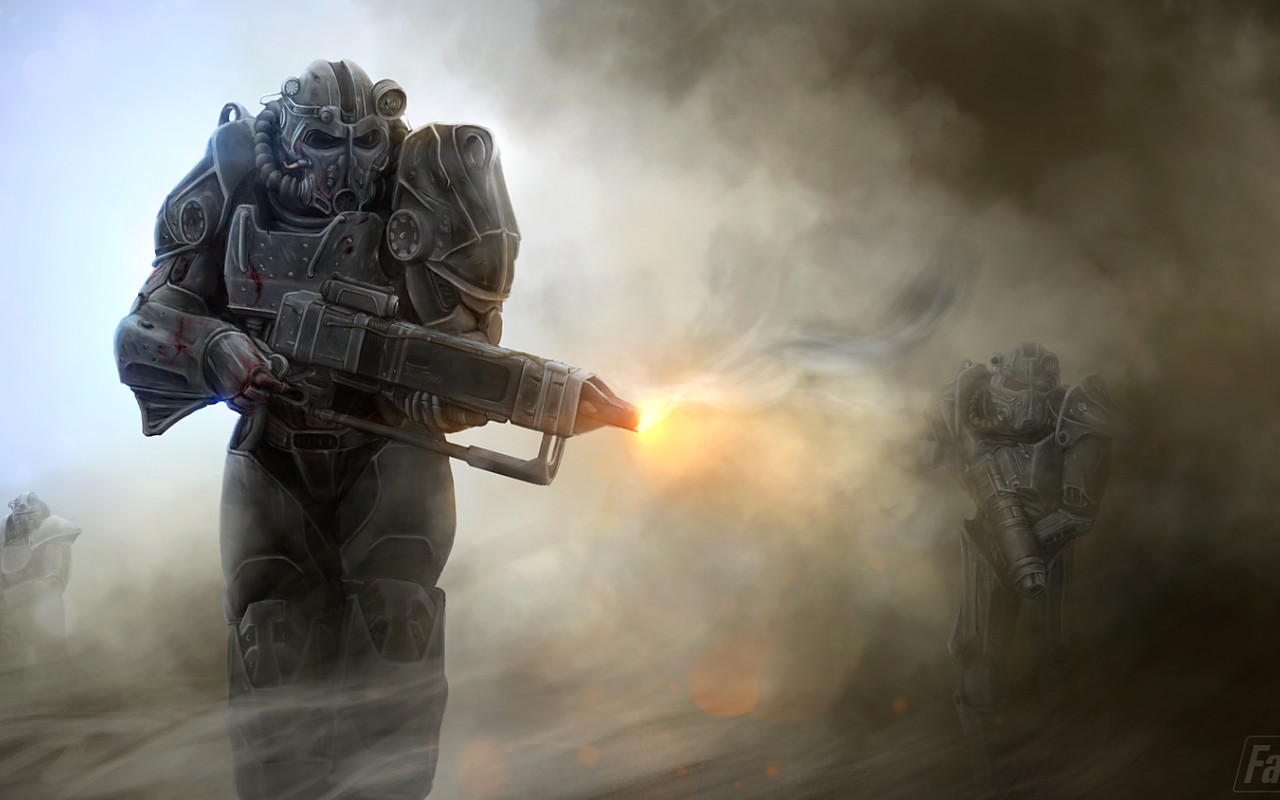
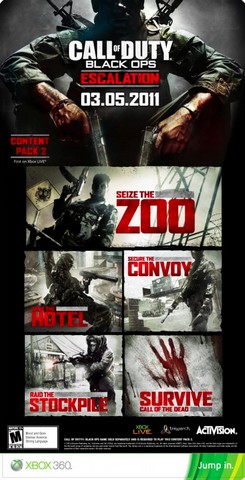
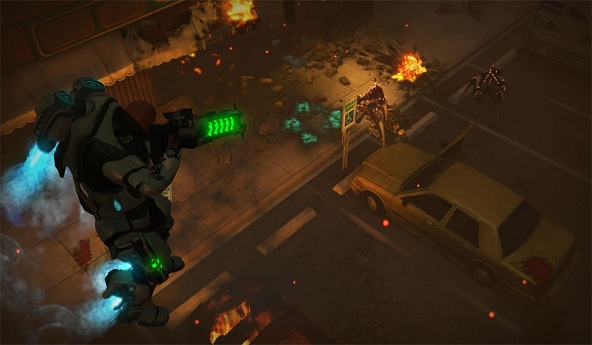

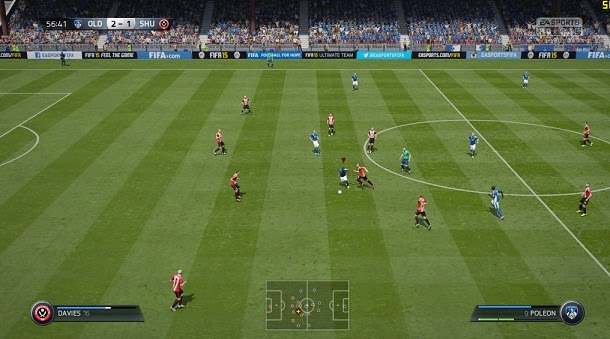 FIFA 15 (PC) Career mode: expiring player contracts tips
FIFA 15 (PC) Career mode: expiring player contracts tips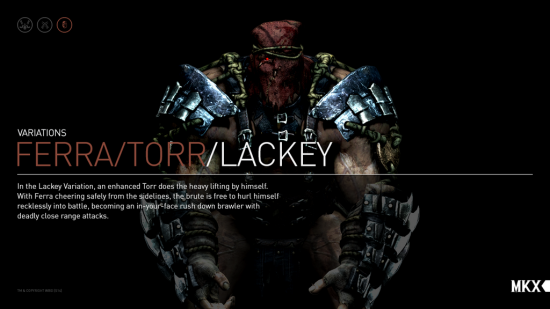 Mortal Kombat X Guide: How to Play Ferra and Torr
Mortal Kombat X Guide: How to Play Ferra and Torr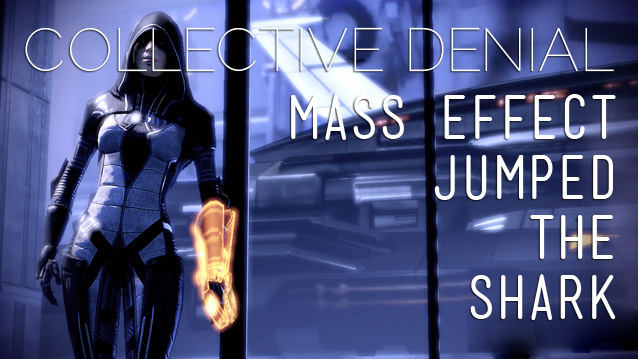 Collective Denial: Mass Effect Jumped the Shark
Collective Denial: Mass Effect Jumped the Shark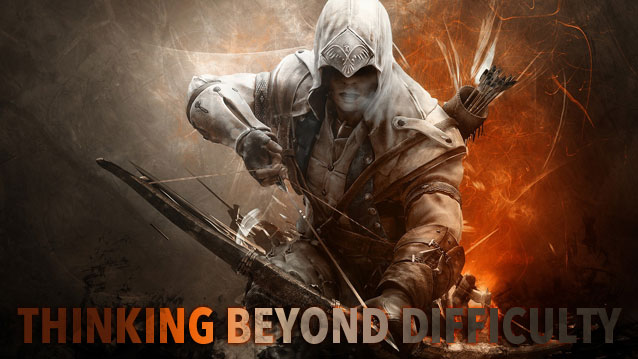 Thinking Beyond Difficulty
Thinking Beyond Difficulty Unrest Wiki – Everything you need to know about the game. .
Unrest Wiki – Everything you need to know about the game. .